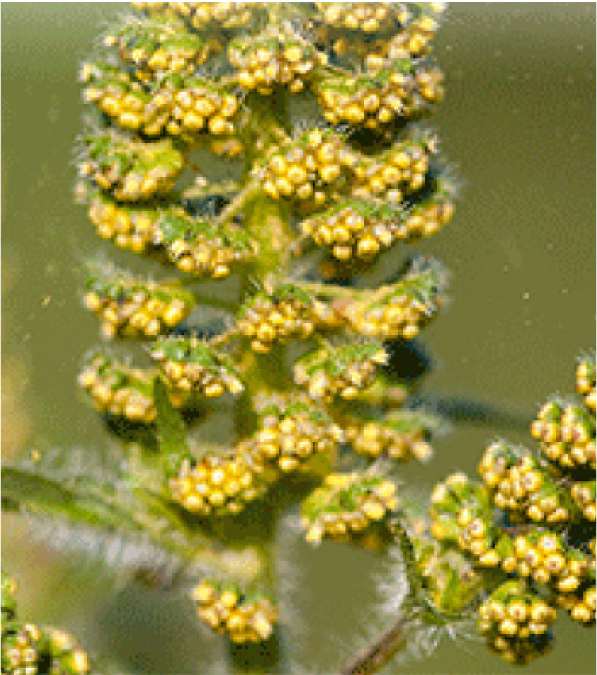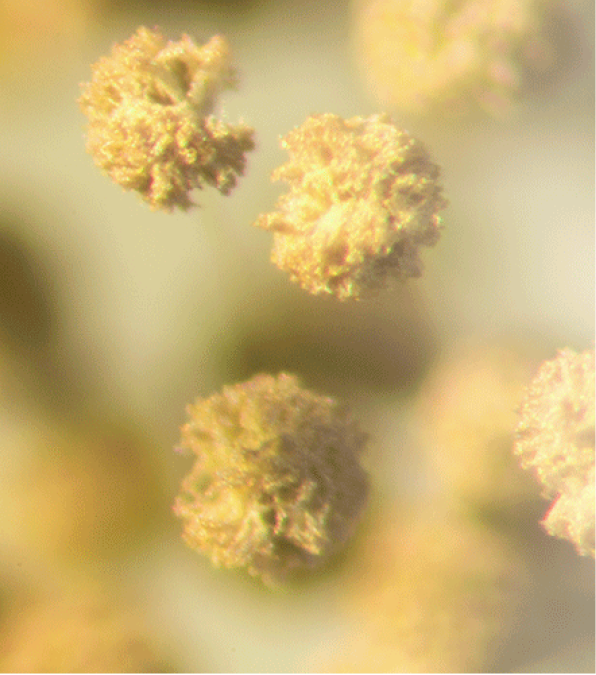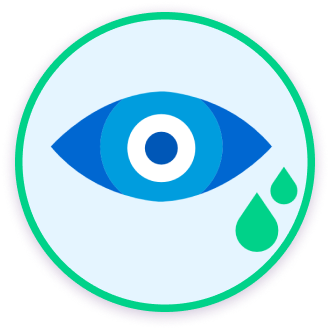Pataday | United States
This site is available in English and Spanish. - Este sitio está disponible en inglés y español.
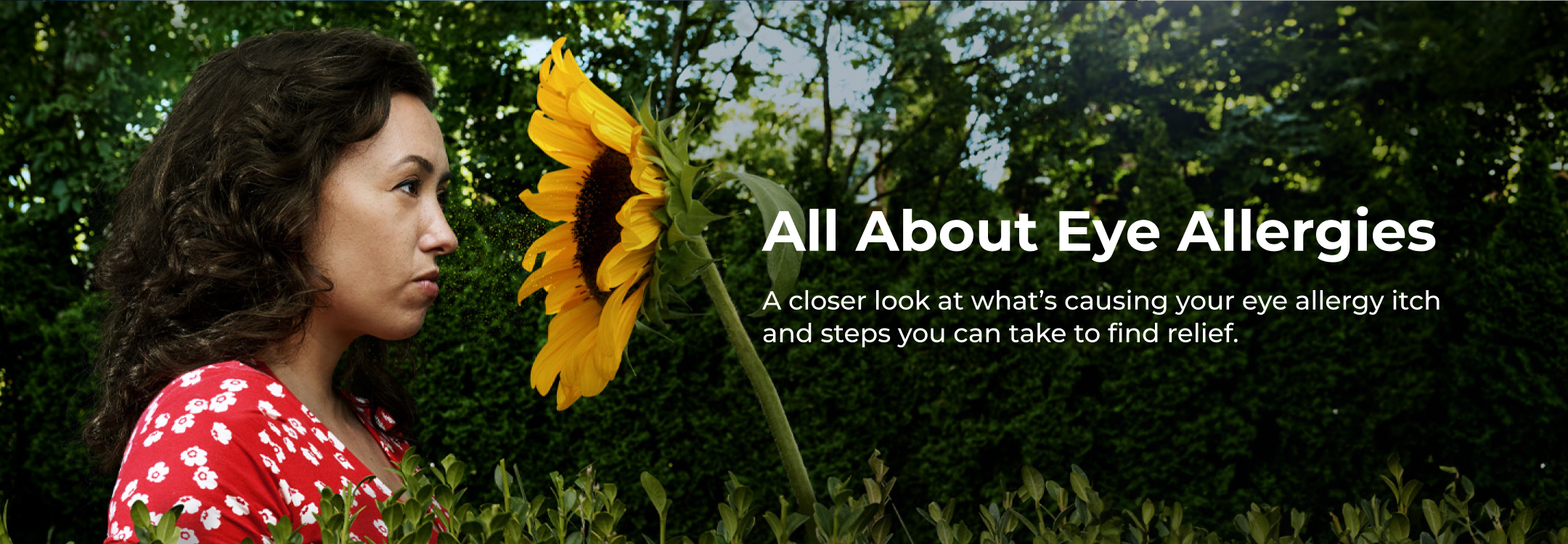
Ocular Allergens
Allergens are everywhere. Some common allergens are pollen, ragweed, dust mites, mold and pet dander.
Eye Allergy Symptoms and Tips
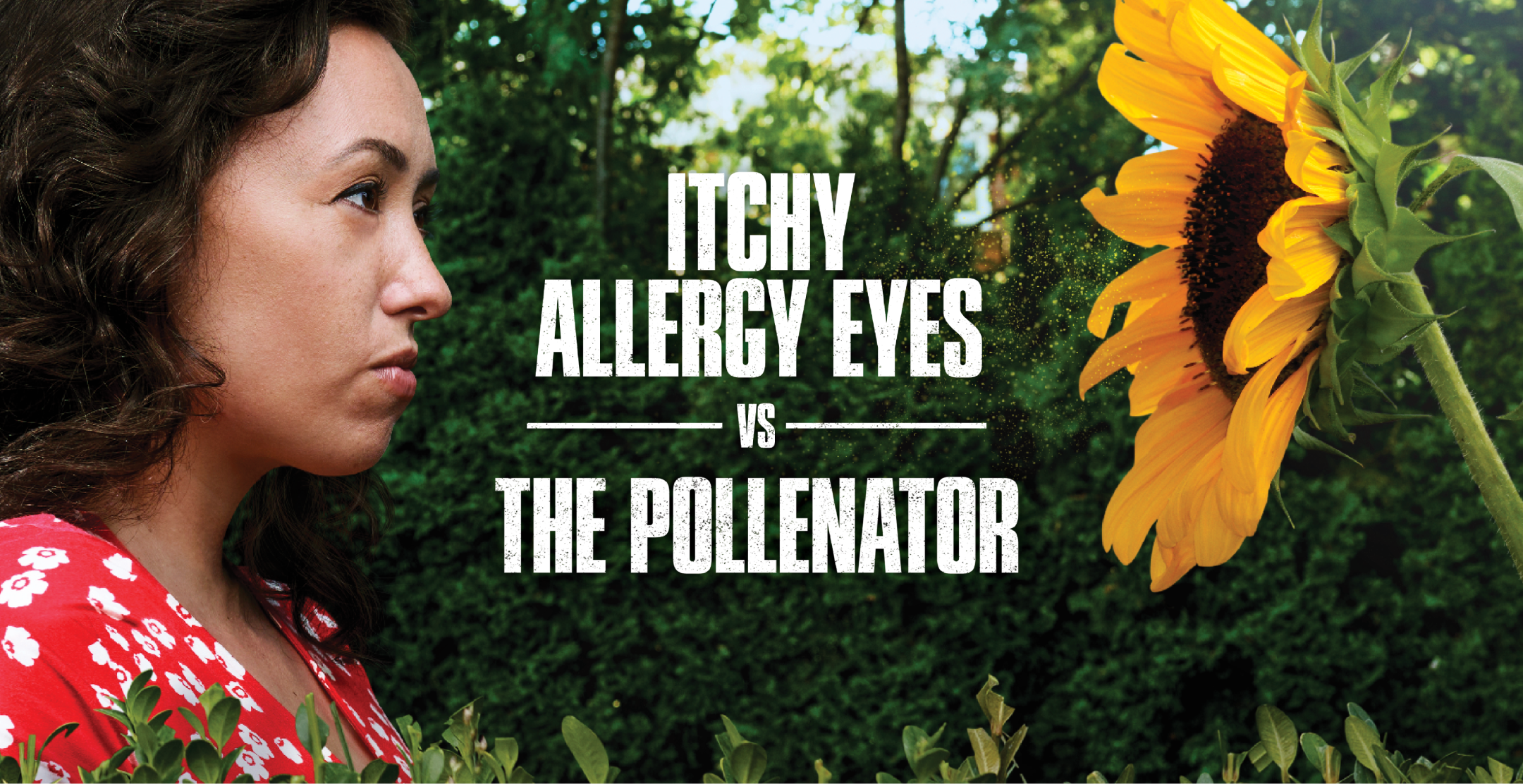
Follow Us on Social Media
© 2024 Alcon Inc. US-PTD-2400045


